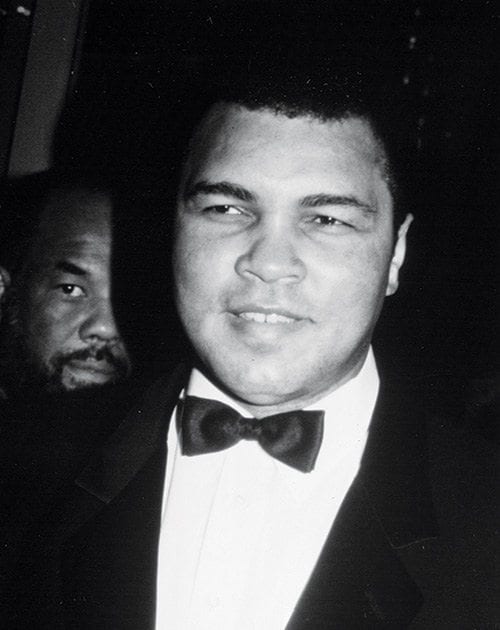
Muhammad Ali’s prodigious boxing talent would normally be enough to enthrall his fans. He would enter the ring with the grace of a ballet dancer, then he “float like a butterfly and sting like a bee.” As extraordinary as it is to see a powerful heavyweight move with the grace of a ballerino, for many people that is not the major performance. Ali had the character and the intelligence also to move forcefully outside the ring beyond the confines of America’s racial restrictions.
For many blacks, the idea of being “the greatest” is not only alien, but it is thought to be dangerous with this country’s racially abusive culture. To some people it was considered risky for Ali to assert emphatically and openly, “I am the greatest.” Of course he was able to establish the truth of that assertion in the boxing ring, but Ali meant much more than being the greatest boxer. By his example, he wanted blacks to free their minds from seeing themselves as inferior and diminutive.
Since the days of slavery, black men had been forced to be obsequious. While there was always a display of machismo in black neighborhoods, the attitude was more docile outside. Of even greater importance than his pugilistic skills was Ali’s willingness to stand his ground in the white world on the basis of principle. He lost his championship title as well as the license to box professionally by refusing to go to war against the Vietnamese.
Other black men, not quite so prominent as Ali, have stood their ground and suffered the consequences. In an earlier generation, Paul Robeson dared to speak out during an even more unforgiving time. Born in Princeton, N.J. in 1898, Robeson won an academic scholarship to Rutgers University, where he was Phi Beta Kappa and class valedictorian while also an All-American football player. Upon graduation he earned a law degree from Columbia University.
The professional world was not ready for a distinguished black lawyer in the 1920s. Fortunately, Robeson had a baritone singing voice of concert quality, so he was able to build a musical and theatrical career. But during his life he vigorously fought for freedom and equality for all people and the rights of the working class. He was such an effective advocate that he became the inveterate target of Sen. Joseph McCarthy and the U.S. House Un-American Activities Committee.
While Muhammad Ali was indeed exceptional, it is important for blacks to know that there have always been some black men who stand on principle and risk everything for the benefit of black progress. Those heroes whose lives do not attract publicity are condemned to die without their valor being celebrated.






